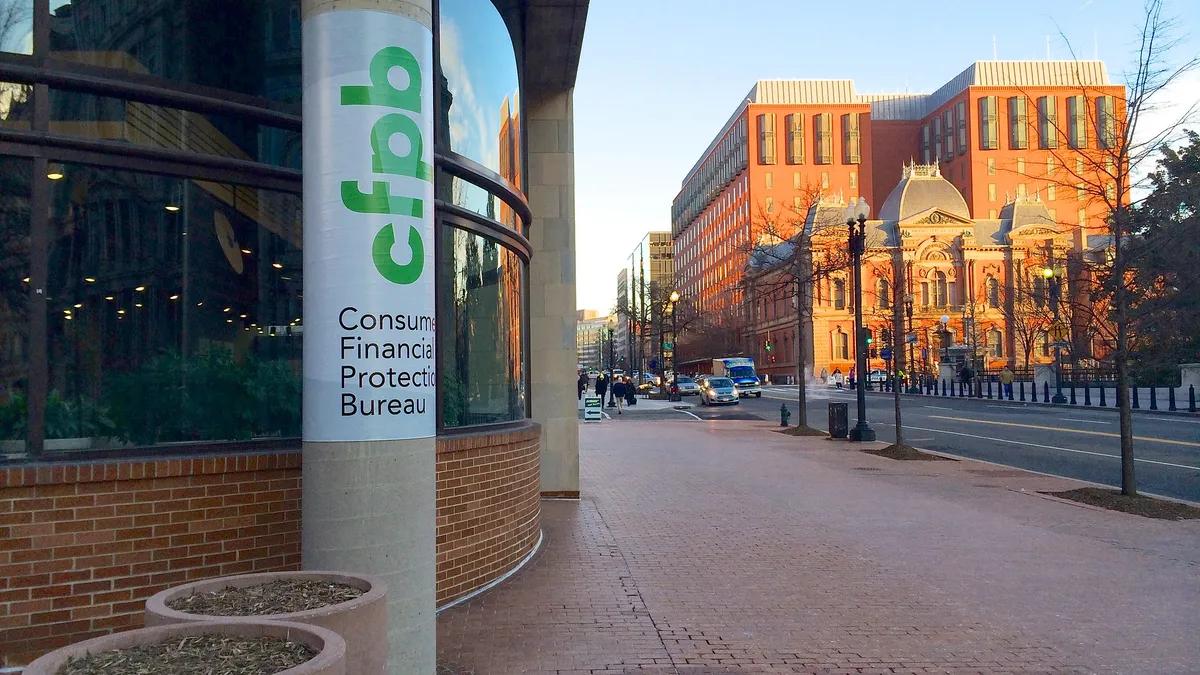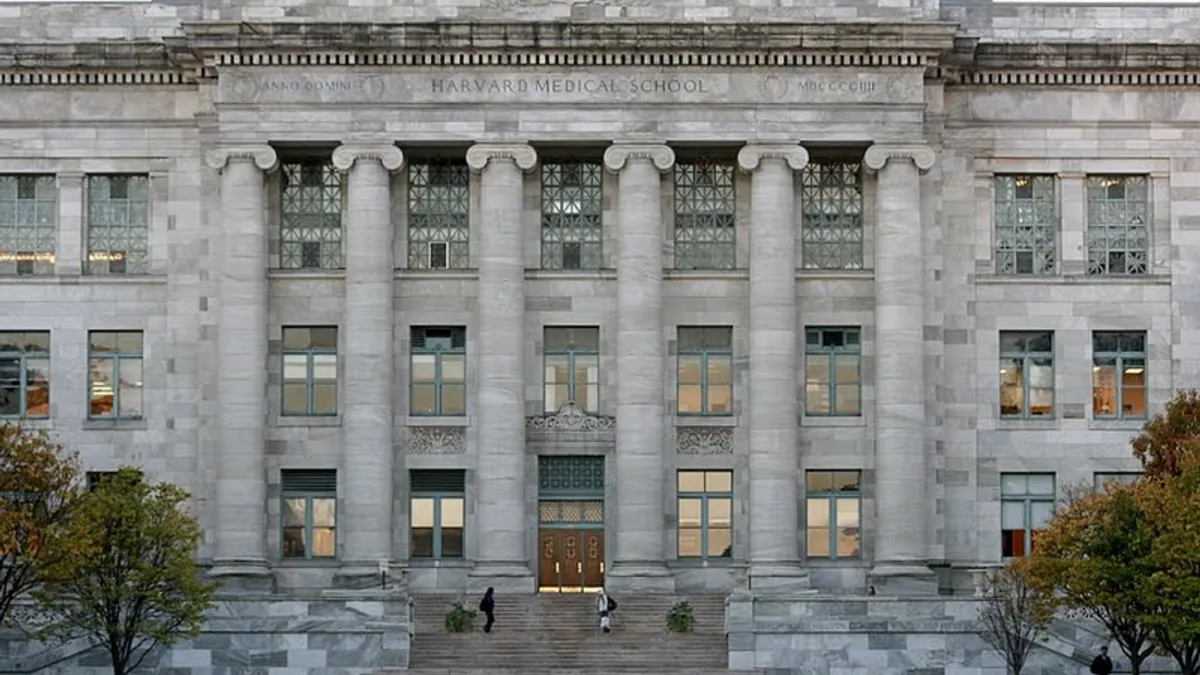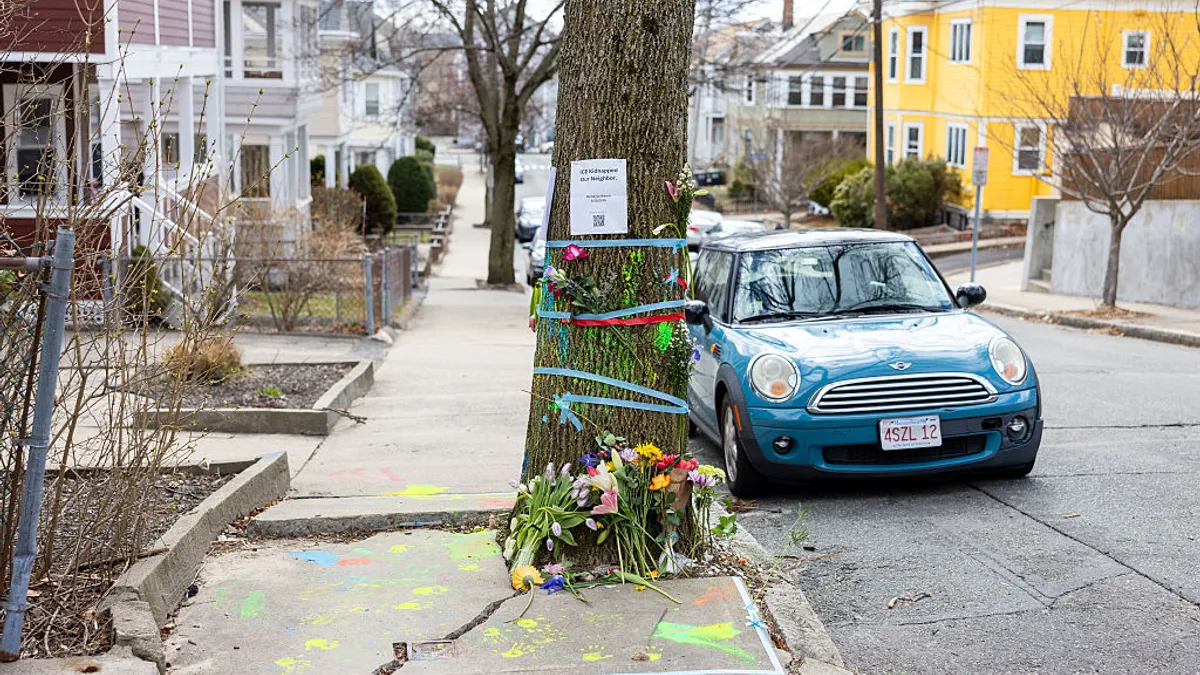Income-share agreement provider Better Future Forward has reached a final compliance plan with the Consumer Financial Protection Bureau and updated the disclosures it will make to students who enter ISAs to help pay for college.
The CFPB gave "consistent input" into a new disclosure format, Better Future Forward said Wednesday — a year after the federal regulator took action against the Virginia-based nonprofit and branded ISAs as a form of credit.
Better Future Forward said it will share the new disclosure format publicly, but it did not post a copy with its Wednesday announcement.
The new format adapts a disclosure style used for traditional private education loans, Better Future Forward CEO Kevin James said in an email. A dollar cost of financing will be shown at the top of the disclosure. Because a student’s eventual repayment amount will vary based on their income, the new disclosure will also be topped by a description of how costs are estimated.
Previously, Better Future Forward's disclosures included key ISA terms like percentage of income to be paid and amounts to be repaid at different income levels. The new documents will still include that information, but it will be located further down now.
Better Future Forward says that the most students could pay under its ISAs is an effective annual percentage rate of 7.5% and that they don't have to make payments unless they earn more than $42,500 annually. Repayments are complete when a student makes 120 payments, 20 years have passed or they hit an early payoff amount.
A long debate over ISA regulation
ISAs are arrangements under which investors or other funds pay for students' educational expenses like tuition and fees. In turn, students agree to pay a percentage of their post-graduation earnings for a set period of time, although they often don't make payments until they reach a certain earnings threshold.
These arrangements were a darling among some higher education leaders and college access advocates who sought new ways for students to pay for tuition. Some ISA backers argued they minimize the worst financial risk to students and that they are not debt and should not be regulated as such.
But last September, the CFPB ordered Better Future Forward to stop saying ISAs are not loans.
"Regardless of the name on the label, these products are credit and have to comply with federal consumer protections,” the CFPB’s then-acting director said at the time.
The CFPB said Better Future Forward misrepresented the nature of ISAs, did not comply with federal law covering private student lending and charged illegal penalties for early repayment. But the regulator did not levy financial penalties against the nonprofit because it cooperated.
Better Future Forward is a very small provider. It says it has set up more than 200 students with over $2 million in funding since 2017. It's dwarfed by other providers like Purdue University's Back a Boiler ISA program, which counts more than 1,600 contracts disbursing funding of more than $17.9 million.
Nonetheless, higher ed observers saw the CFPB's actions as an important development in an ISA market that lacked regulatory clarity. Critics also worried it was a crackdown likely to hurt the sector.
It was not the end of regulatory action geared toward ISAs and private lending.
In January, the CFPB said it would examine operations at colleges that lend directly to students. Two months later, the U.S. Department of Education issued a reminder to colleges, telling them to explain the costs and conditions of private loans to students — including ISAs.
Purdue has since said its Back a Boiler program is not available to new applicants but that students currently participating are not affected. Purdue had drawn criticism from an advocacy group, the Student Borrower Protection Center, which said the program was risky for students. A university spokesperson told MarketWatch in June that the program was suspended for new students because of a change in the companies servicing it.
'A good working relationship between regulators and ISA providers'
James, Better Future Forward's CEO, issued a statement Wednesday thanking regulators for working with the organization on creating a disclosure.
"BFF recognizes the difficulty in fitting an ISA into existing private educational loan disclosures, and we appreciate the Bureau's helpful feedback while we developed a disclosure format for ISAs that addresses their unique structure while remaining true to the disclosure goals of the Truth in Lending Act and Regulation Z," James said, referencing rules designed to protect people who access credit.
He also said the nonprofit supports legislation that would update consumer protection law to address ISAs, including required consumer disclosures.
His statement referenced bipartisan legislation introduced in July. It includes provisions that would prevent ISA providers from requiring more than 20% of a graduate's income and limit payment obligations to a fixed window. It would also require disclosures be made to students about the amount financed, how payments are calculated and agreements' length.
"We believe that a good working relationship between regulators and ISA providers is the most effective interim solution absent clear federal and state legislation tailored to ISA programs,” James said.





















